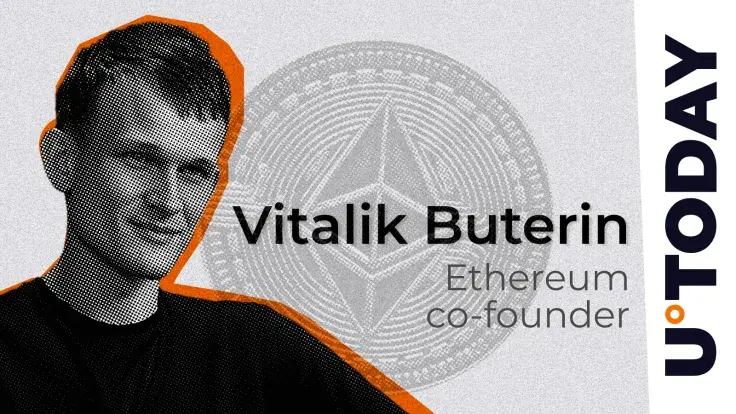
Disclaimer: The opinions expressed by our writers are their own and do not represent the views of U.Today. The financial and market information provided on U.Today is intended for informational purposes only. U.Today is not liable for any financial losses incurred while trading cryptocurrencies. Conduct your own research by contacting financial experts before making any investment decisions. We believe that all content is accurate as of the date of publication, but certain offers mentioned may no longer be available.
It is quite difficult to surprise Vitalik Buterin, but PhD candidate Burak Öz, who contributed to the most recent Ethereum paper, "Who Wins Ethereum Block Building Auctions and Why?" succeeded.
Examining the factors that contribute to some Ethereum builders' greater profitability and success, the paper delves deeply into the Ethereum builder market.
In order to help builders win blocks and make money, it draws attention to important aspects.
First, the analysis shows a positive correlation between builders' market share and profitability, and order flow diversity, and exclusive providers such as integrated searchers. In a market where competition is fierce, builders who are able to draw in a variety of order flows typically outperform others.
Further research reveals that among the top 10 builders, there is a positive correlation between profit margin and market share. Market share and profitability are closely associated with factors such as exclusive signal nonatomic arbitrages and Telegram bot flow. This suggests that higher profit margins are typically associated with builders who hold a larger market share.
The chicken-and-egg riddle in the builder market is one interesting finding. To make money, builders require a distinct order flow, which they can only obtain if they already hold a sizable portion of the market. For newcomers, breaking into the category of elite builders is a challenging task due to this cyclical challenge.
These findings have important ramifications for Ethereum's future. Ethereum's ability to withstand censorship may be threatened by the builder market's centralization. In his paper, Öz proposes possible ways to keep the Ethereum network resilient and more decentralized.

 Dan Burgin
Dan Burgin Vladislav Sopov
Vladislav Sopov